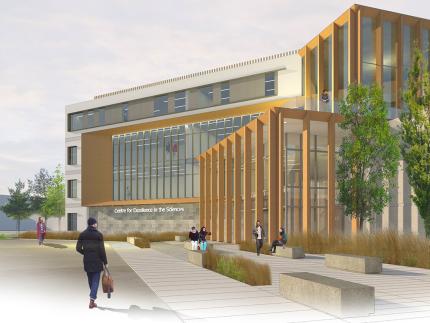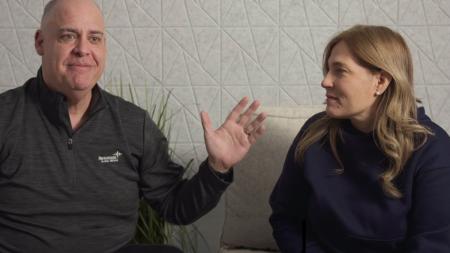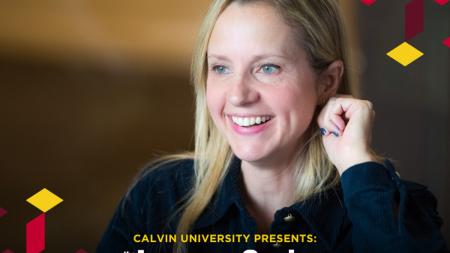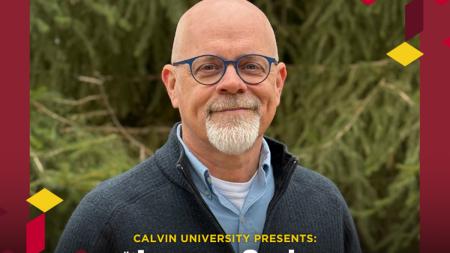King’s University to Build Centre for Excellence

The King’s University in Edmonton, Alta., has received a $20 million donation for a new state-of-the-art science center.
Construction of a new 40,000-square-foot Centre for Excellence in the Sciences at The King’s University will move forward, thanks to this gift of $20 million from an anonymous donor.
The landmark donation, the largest gift in King’s 42-year history, allows the institution to build on its strong academic reputation in the natural, health, and social sciences.
The new building will include beautiful common spaces, purpose-built teaching facilities, leading technology, and laboratories that enable the university to further place student research at the heart of its academic programming.
“I have always been proud of our legacy of research and education,” said Melanie Humphreys, King’s president. “It’s really quite impressive—especially for a university of our size. This incredible, humbling gift is going to propel these programs forward in a significant way and provide new opportunities to branch out into the health sciences.”
Student-faculty research teams at The King’s University are currently involved in projects such as antibiotic resistance, animal-assisted therapy in mental health, endangered trees in Canada’s mountains and foothills, and diseases that devastate honeybee populations. King’s Community Engaged Research Program collaborates with local non-profits to help provide data-driven solutions for their organizations.
The Centre for Excellence in the Sciences will be a hub for sustainability research. With a newly granted Transitions to Sustainability Canada Research Chair, the new facility will enhance support and coordination for sustainability work happening across disciplines and at King’s Centre for Visualization in Science (KCVS).
KCVS alone has partnered with more than 40 organizations worldwide, such as UNESCO, and has contributed important resources to three United Nations International Years: Chemistry (2011), Periodic Table (2019), and the upcoming International Year of Basic Sciences for Sustainable Development (2022–23). Another KCVS resource contributed to the education and outreach work of the Organization for the Prohibition of Chemical Weapons, which won the Nobel Peace Prize in 2013.
"Building a more humane, just, and sustainable world is right there in our vision statement,” says Peter Mahaffy, professor of chemistry at King’s and cofounder of KCVS. “These words continue to move off the page of aspirational statements to shape and ground what happens here each day."


